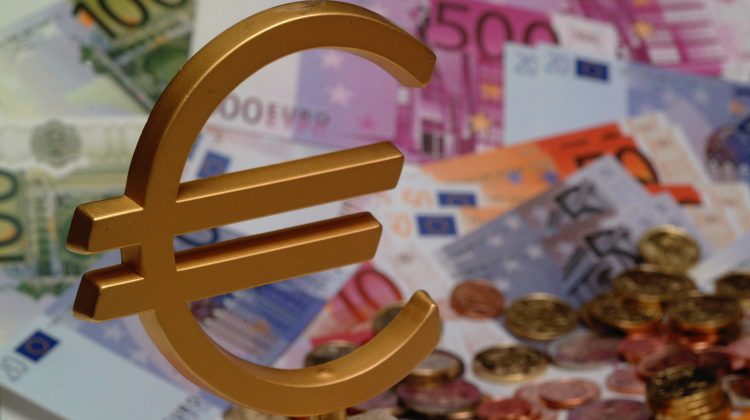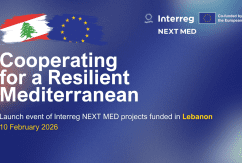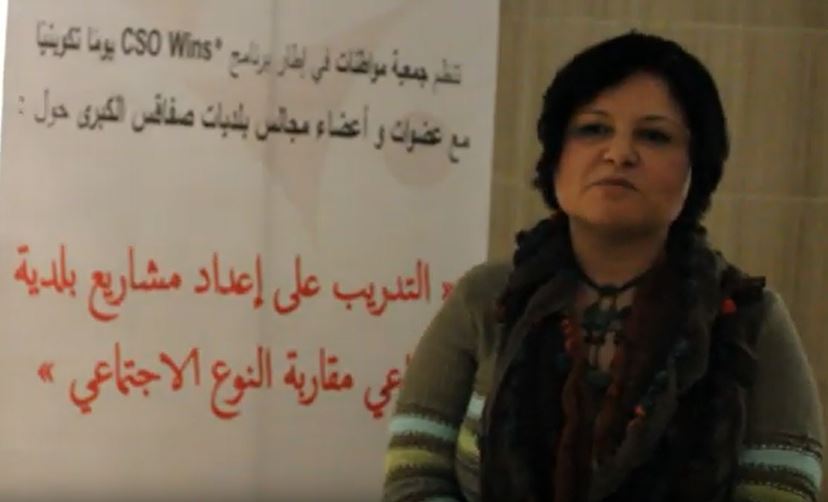About the new proposed 2021-2027 EU Budget for its Neighbourhood Policy

The European Union is not planning a significant shift in the pace or scale of its Neighbourhood Policy in the next decade, at least when it comes to finance, but will streamline all external actions funding internally to create one common financial instrument for Neighbourhood, Development and Internal Cooperation (NDICI). The 7-year budget which will cover the European Union’s spending for 2021–2027, officially known as Multi-annual Financial Framework (MFF), prepared by the European Commission has been filed for approval to the European Parliament and the European member states and negotiations on it are expected to start in the new political season starting September.
Being one of the seven main spending categories in the budget, the EU external action budget foresees a total of 123 billion Euro to be spend for EU’s engagements around the globe. 22 billion of the amount (18,7%) will be dedicated to the European Neighbourhood countries for the seven years covered by the financial framework. At this stage of the budget planning no calculations are made for the individual country packages, nor is the money yet divided between the Eastern and the Southern axes of the policy.
The bulk of the money in the external budget is bestowed to the Neighbourhood, Development and International Cooperation financial instrument worth 89.2 billion Euro. The rest of the money is to be used for pre-accession funds for the EU candidate countries.
Read more
Proposal for EU Budget for the Neighbourhood and the World for 2021-2027
Factsheet: EU Budget for the Neighbourhood and the World
Analysis by the European Parliament on the MFF Proposal
Bruegel’s article: The Commission’s proposal for the next MFF: A glass half-full





























 Syria
Syria 





